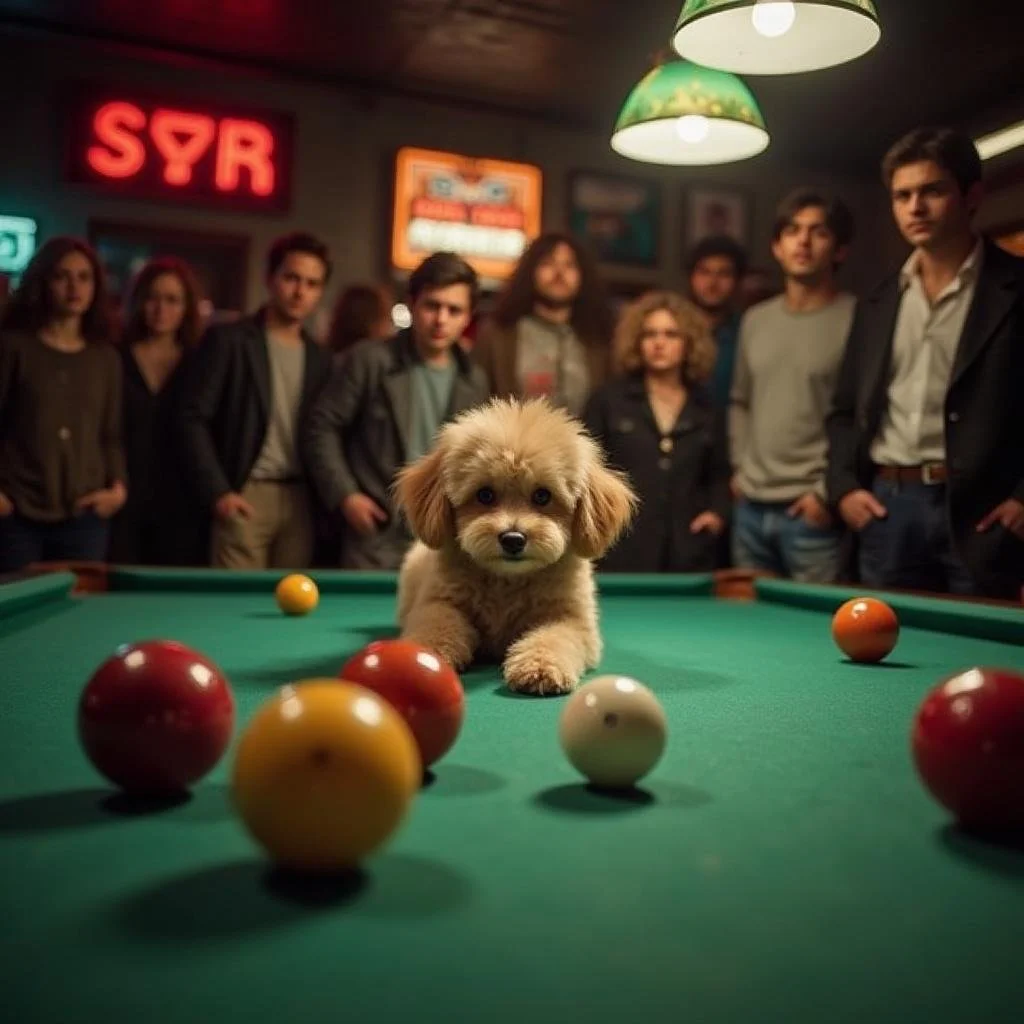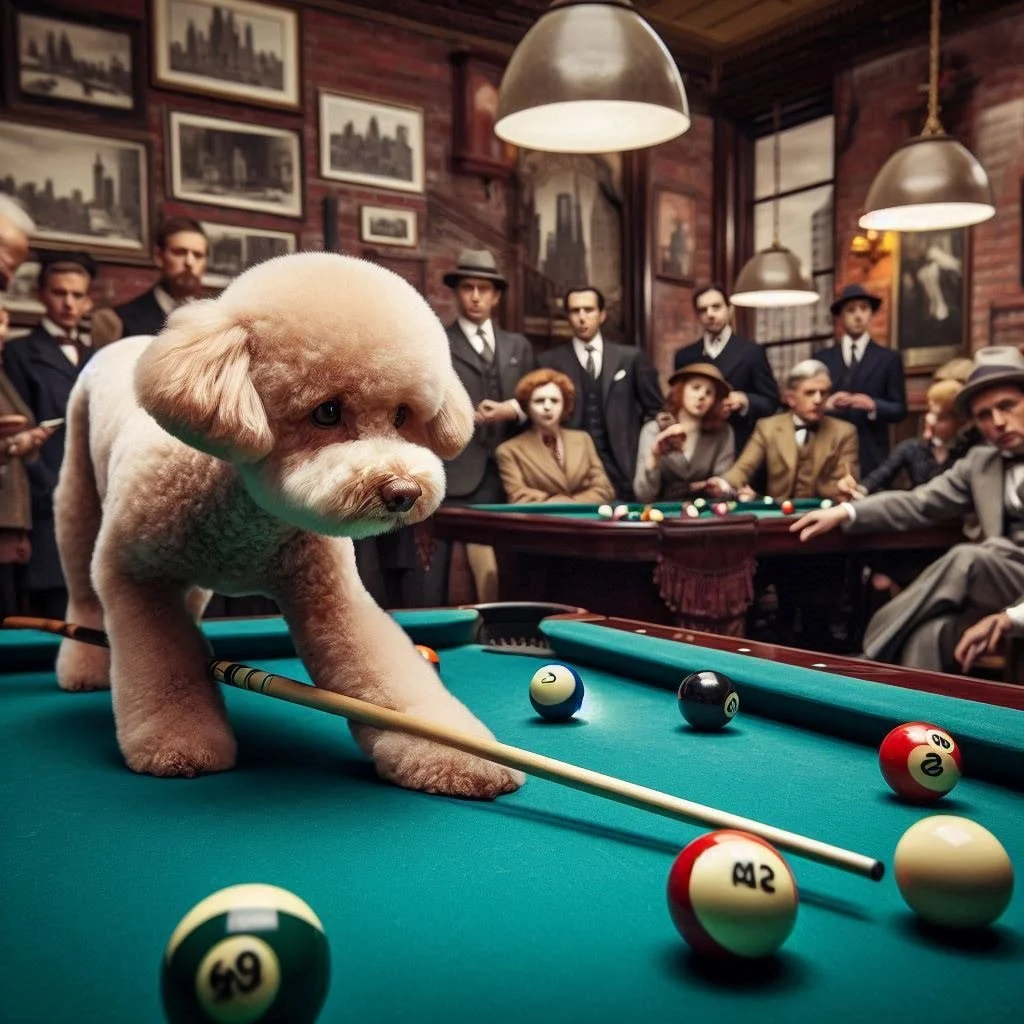FLOSSI & BILLIARDS IN NYC
Billiards was introduced to America by European immigrants in the late 1700s.
By the early 1800s, New York City had become a major hub for the game, with many upscale billiard rooms in hotels and private clubs.
In 1850, Michael Phelan, known as the "Father of American Billiards," helped popularize the sport in NYC. He wrote the first rule book and developed standardized tables.
Phelan opened Phelan's Billiard Saloon, one of the first premier billiard halls in the city.
Golden Age of Billiards (Late 19th - Early 20th Century)
Billiards became a fashionable pastime among New York’s elite, played in luxury clubs and social halls.
Brunswick Corporation, a major billiard table manufacturer, established its dominance, setting the standard for American pool halls.
The game was widely played in working-class bars and pool halls, making it a common pastime for people of all backgrounds.
Straight Pool (14.1 Continuous), the dominant game then, saw fierce competition in NYC.
The city hosted many national and world championship matches, often at renowned venues like McGirr’s Billiard Room and Carom Café.
Players like Willie Mosconi, Ralph Greenleaf, and Irving Crane gained fame through their matches in NYC.
Decline and Resurgence (Mid-to-Late 20th Century)
By the 1950s and 1960s, billiards declined due to the rise of television, bowling, and other leisure activities.
The 1961 film “The Hustler” (starring Paul Newman and Jackie Gleason) brought renewed interest in pool, with scenes shot in NYC-style pool halls.
The 1990s and early 2000s saw a resurgence with upscale billiard lounges like Amsterdam Billiards opening in Manhattan.
Modern Era (21st Century)
NYC remains an important billiards city, with high-end lounges and historic halls like Society Billiards & Bar and Steinway Billiards.
The city hosts major tournaments, including professional and amateur competitions.
Billiards is still a staple of NYC nightlife, blending history with modern entertainment.





